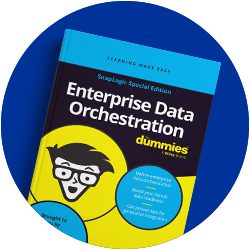What are SQL server functions?
SQL server functions are sets of SQL statements that execute a specific task. Their main use is in allowing common tasks to be easily replicated. The use of SQL server functions is similar to that of functions in mathematics, in that they correlate a series on inputs to a series of outputs.
The format of a SQL server function makes complex queries seem a lot more memorable and logical. In this way they often serve to disguise much more complicated actions that are contained within the function’s parameters.
It is possible to create what are known as user-defined functions to optimize data querying for the user’s specific requirements. A user-defined SQL server function can come in three different forms:
- Scalar Functions which return single values
- Inline Table Valued Functions which return a Table Set from a single SQL statement
- Multi-Statement Table Valued Functions which returns a Table Set from multiple SQL statements
Users can create reusable blocks of code with user-defined SQL server functions. These make the code that needs to be written to query data a lot simpler. They also enhance the readability and functionality of queries, as well as allowing other users to follow the same processes.
The other type of function that can be used with a SQL server are built-in functions. A built-in SQL server function allows a user to use a preset selection of code to save time while performing specific tasks. These functions are generally grouped along similar outcomes. They include advanced functions in a SQL server as well as relaying string, numeric, date, and conversion requests.
Overall, the purpose of SQL server functions is to give users greater control over the most common code strings that they are using. This speeds up tasks and makes the results replicable.
Learn about the 12 essential SQL functions for data managers.









